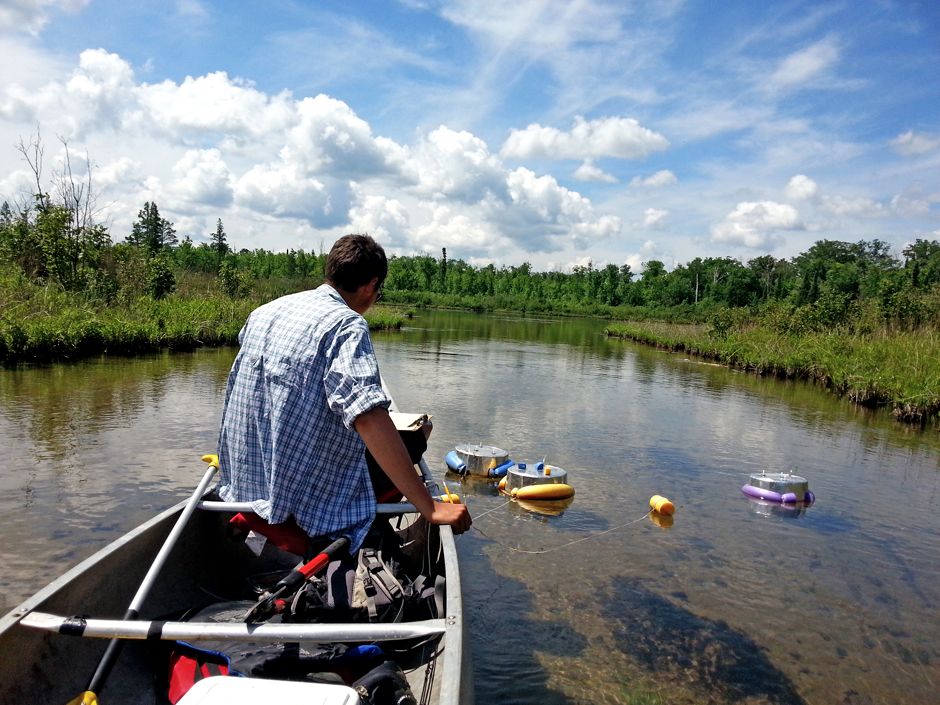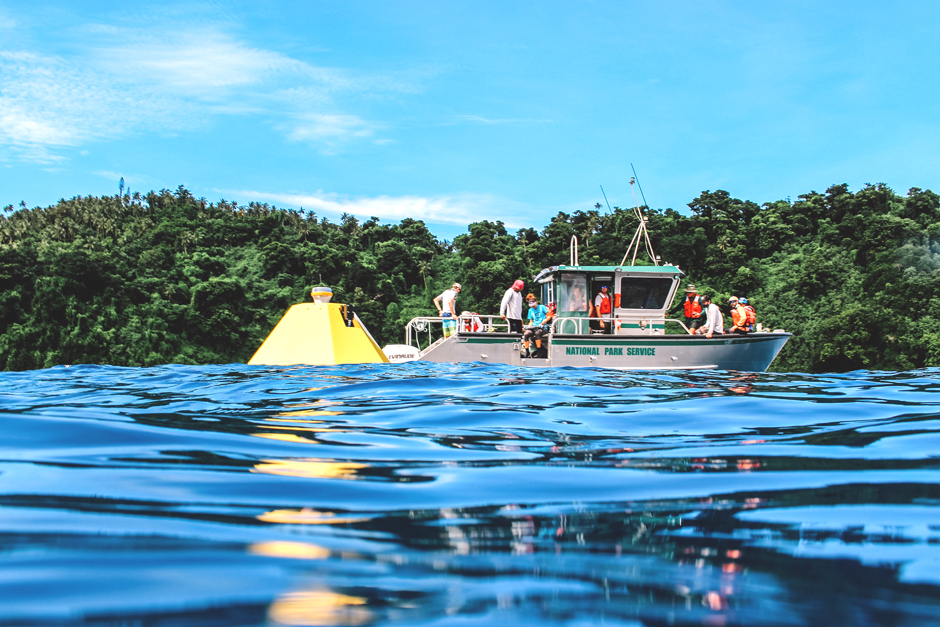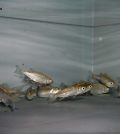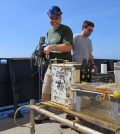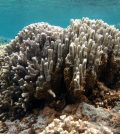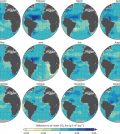Posts for tag "CO2"
In the Right Place All the Time: Greenhouse Gas Research and NTL-LTER
Greenhouse gas dynamics research in lakes and streams by NTL-LTER yields some surprising results, especially regarding methane.
- Posted October 12, 2021
New Monitoring Site for Ocean Acidification in American Samoa
A second ocean acidification monitoring site in Fagatele Bay, American Samoa, was deployed this year by NOAA.
- Posted September 17, 2019
The UC Davis Bodega Marine Lab: Ocean Acidification Research at Its Finest
Ocean Acidification researchers at UC Davis’ Bodega Marine Lab are learning more about how carbon uptake by the ocean is affecting marine creatures.
- Posted May 22, 2019
Acidic Oceans Stink for Fish
Research indicates that as the climate warms and oceans become more acidic, fish will lose olfactory function, threatening their ability to survive.
- Posted October 3, 2018
Deep-sea Hydrothermal Vent Microbial Communities Surprisingly Productive
New research indicates that deep-sea hydrothermal vent microbial communities are far more productive than previously thought.
- Posted September 12, 2018
Nutrient Pollution Accelerating Acidification of Coral Reef Ecosystems
A team has found that nutrient pollution accelerates acidification of coral reefs, directly impacting them and pushing them toward a net loss.
- Posted September 5, 2018
Biological Surfactants Reducing Atlantic Ocean CO2 Exchange
A research team has found that biological surfactants can reduce the rate of CO2 exchange between the oceans and atmosphere by up to 50%.
- Posted August 22, 2018
CO2 Cacophony in Acidified Oceans Will Confuse Baby Fish
Research shows that ocean acidification causes confusion in baby fish, making them ignore the sounds of safe habitats and attracted to other noise.
- Posted June 11, 2018


